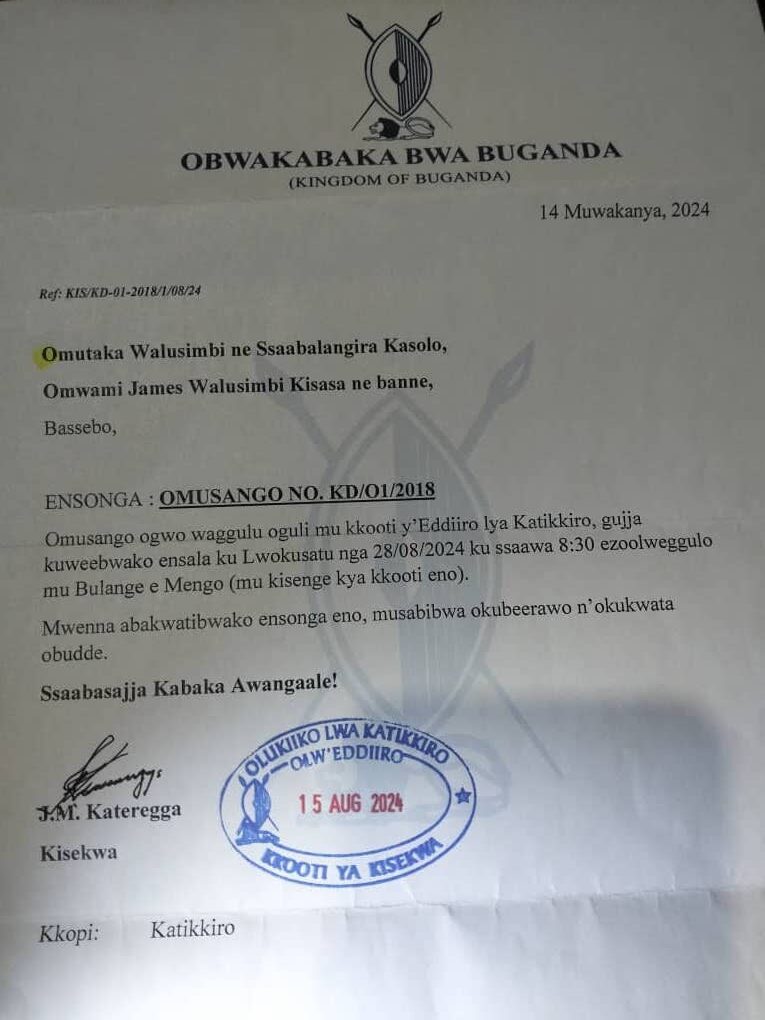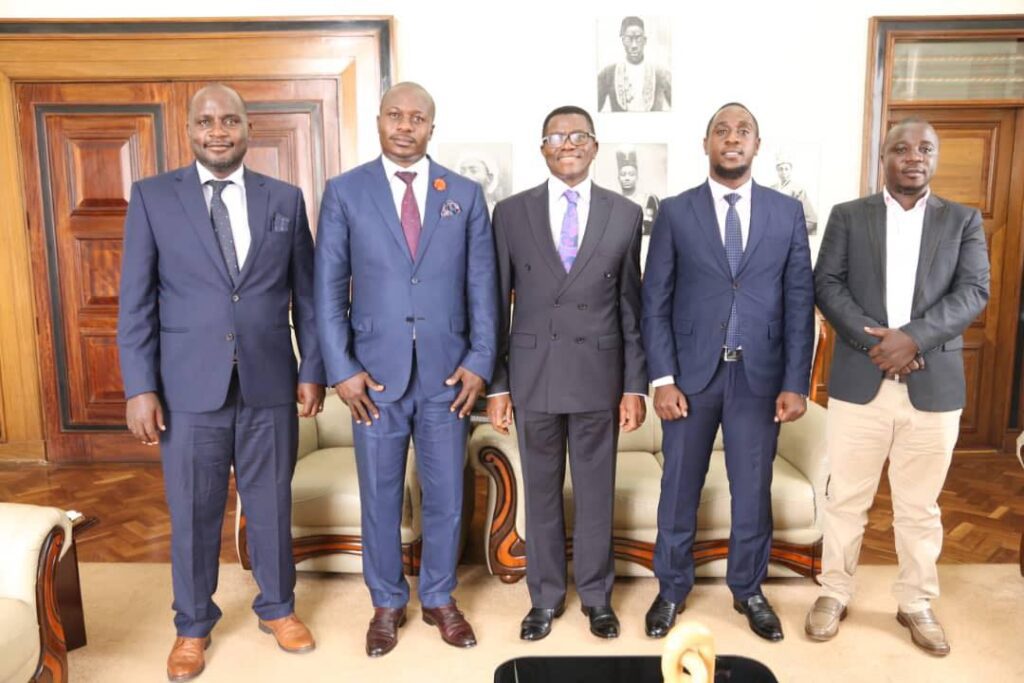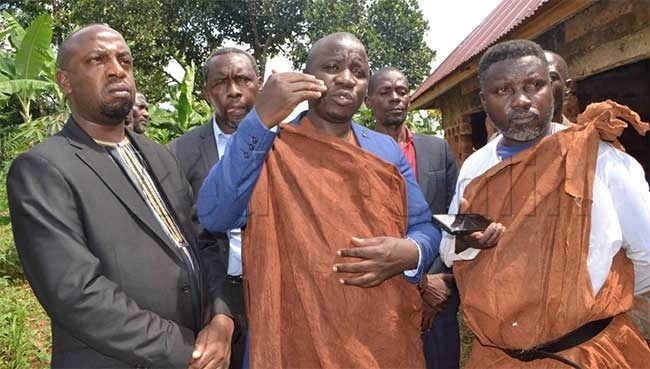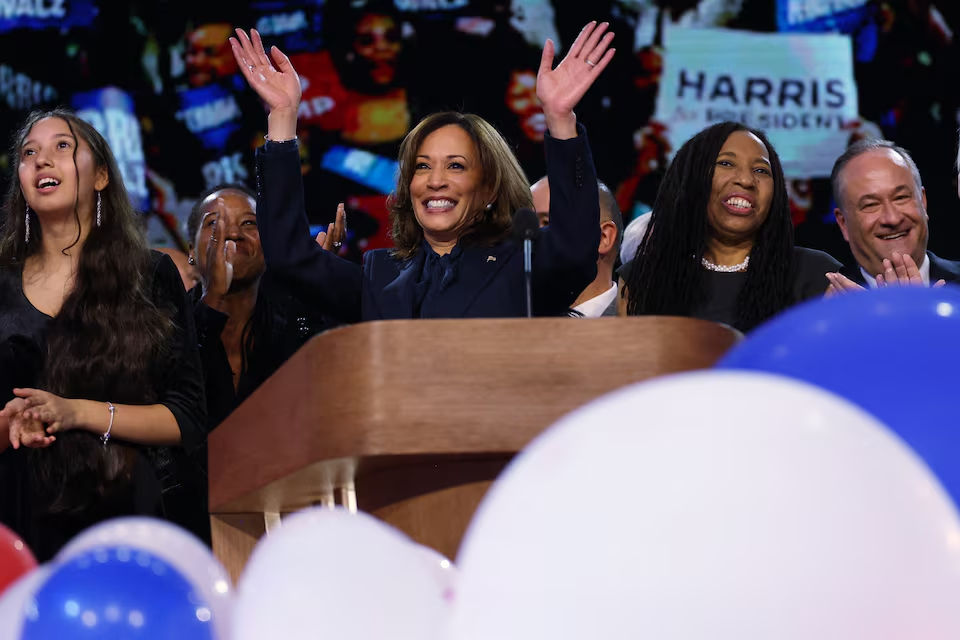The upcoming judgment on the legitimacy of Omutaka Yusuf Mbirozankya’s leadership of the Ffumbe clan has sparked tensions within the Buganda Kingdom. The case, set to be decided on August 28, 2024, has far-reaching implications for the kingdom’s cultural and political landscape.

Mbirozankya’s appointment as clan head has been contested by a group of Ffumbe clan members, who claim that he was illegally appointed. The group has appointed an alternative leader, Mbwateyewoola, who is currently in prison on charges of aggravated robbery.
The case has become entangled in the complex web of Buganda Kingdom politics, with Mbirozankya facing opposition from the Mengo administration, led by Katikkiro Charles Peter Mayiga. Mbirozankya’s perceived closeness to President Yoweri Museveni and Minister Ssebugwawo has raised suspicions among his competitors, who accuse him of using state security to silence them.

The judgment has significant implications for the stability of the Buganda Kingdom clan council, with over 10 clan heads facing petitions challenging their legitimacy. Kabaka Mutebi’s recent statement asserting his powers to amend Buganda Kingdom norms has raised concerns among clan heads who fear they may be targeted.

Historian Mubiru Njuuki warns that the Kkooti ya Kisekwa, the Buganda Kingdom cultural court, has lost value and is being used to settle political scores. He calls for an investigation into the forces providing guns to individuals fighting for clan leadership, citing the example of Mbwateyewoola’s arrest.
The case highlights the challenges facing traditional institutions in Uganda, as they navigate the complexities of modern politics and power struggles. The outcome of the judgment will have far-reaching implications for the Buganda Kingdom and its people.



